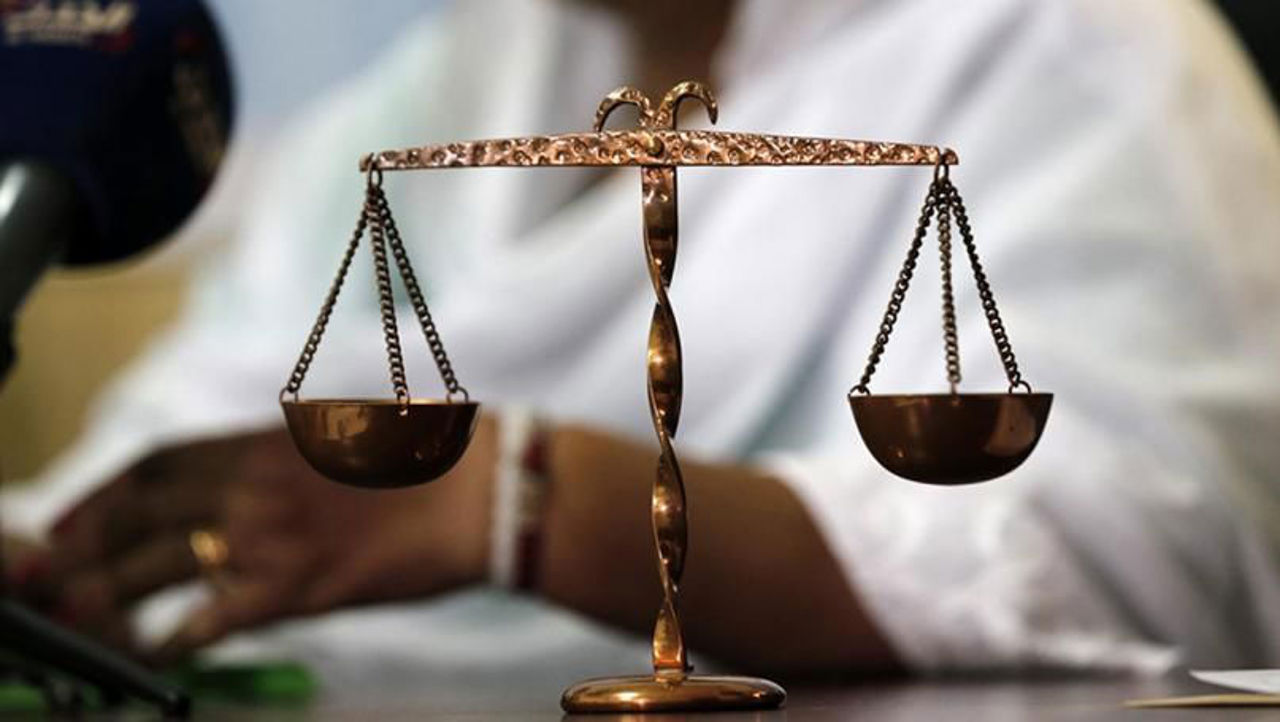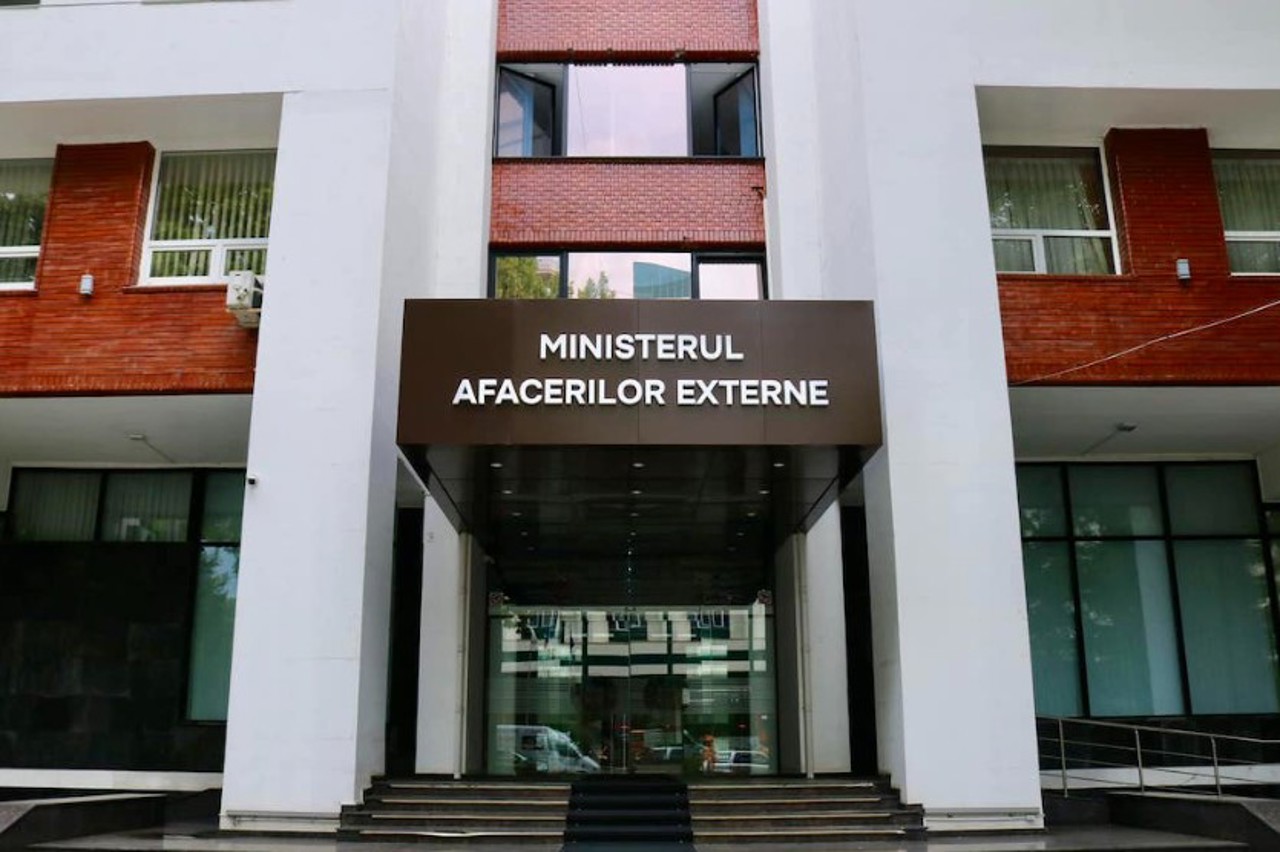Challenges in Moldova's Judicial Reform: Leaders Express Concerns
The contentious letter addressed to candidates who failed the external evaluation and signed by the head of the Anti-Corruption Prosecution Office, Veronica Dragalin, continues to elicit reactions. Consequently, extraparliamentary parties declare that the judicial reform has been unsuccessful.

The leader of the Coalition for Unity and Welfare Party, Igor Munteanu, informed us that in these circumstances both entities, the Superior Council of Magistracy (CSM) and the Superior Council of Prosecutors (CSP), have been compromised.
"The person in question, Mrs. Răducanu, apparently needs to provide some explanations because the facts are extremely serious. She has concealed her past. We were aware of the fact that she lost some high-profile cases at the European Court of Human Rights (CEDO), but I did not imagine that a person who evaluates others based on criteria of objectivity and integrity could have ties with wrongdoers of the system, with individuals who are fugitives. The exercises that were recently conducted through the evaluation of judges and prosecutors have been compromised," Igor Munteanu explained.
The president of the Moldovan National Party, Dragoș Galbur, stated that in light of recent events, following the presidential elections, the judicial reform should be restarted.
"The reputation of this process has been thoroughly tarnished, not only now with Mrs. Răducanu, but also with the president of the pre-vetting Commission, Herman von Hebel. The implication is that this scandal tarnishes and undermines the overall credibility of the so-called judicial reform," Dragoș Galbur remarked.
Similarly, the leader of the DA Platform, Dinu Plângău, asserted that the judicial reform has been compromised.
It's worth noting that on Tuesday, May 14, a letter was published in the press, signed by the head of the Anti-Corruption Prosecution Office, Veronica Dragalin, and addressed to prosecutors, judges, and representatives of civil society who did not pass the Pre-Vetting Commission's evaluation.
On Wednesday, the Anti-Corruption Prosecution clarified that the letter was authentic.
Given that judicial reform is one of the fundamental requirements for the Republic of Moldova's accession process to the European Union, it was initiated by the authorities in 2021. Thus far, two institutions have undergone reform - the Superior Council of Magistracy and the Superior Council of Prosecutors. Currently, the Supreme Court of Justice is undergoing reform, and by the end of this year, prosecutors in key positions at the Prosecutor General's Office, as well as those within the Anti-Corruption Prosecution and the PCCOCS, are to be evaluated.
Translation by Iurie Tataru




